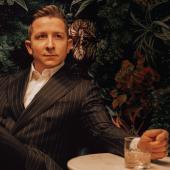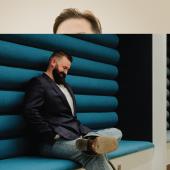What If...?
DeLovell “D” Earls clearly remembers that day in fifth grade. The day his science teacher banned “what if” questions from her classroom. As an adult, and a high school and middle school basketball coach, D looks back on that teacher with amused sympathy.
“I think the kids were just like, you know, asking every little question and she got tired of it,” D says. But as a child, that teacher’s decision, that one small moment, had a big impact. A self-proclaimed daydreamer and troublemaker, 11-year-old D could not understand his teacher’s decision. A creative kid, he felt that banning “what if” questions was a violation of something important. He remembers thinking, “How could she do this to us?”
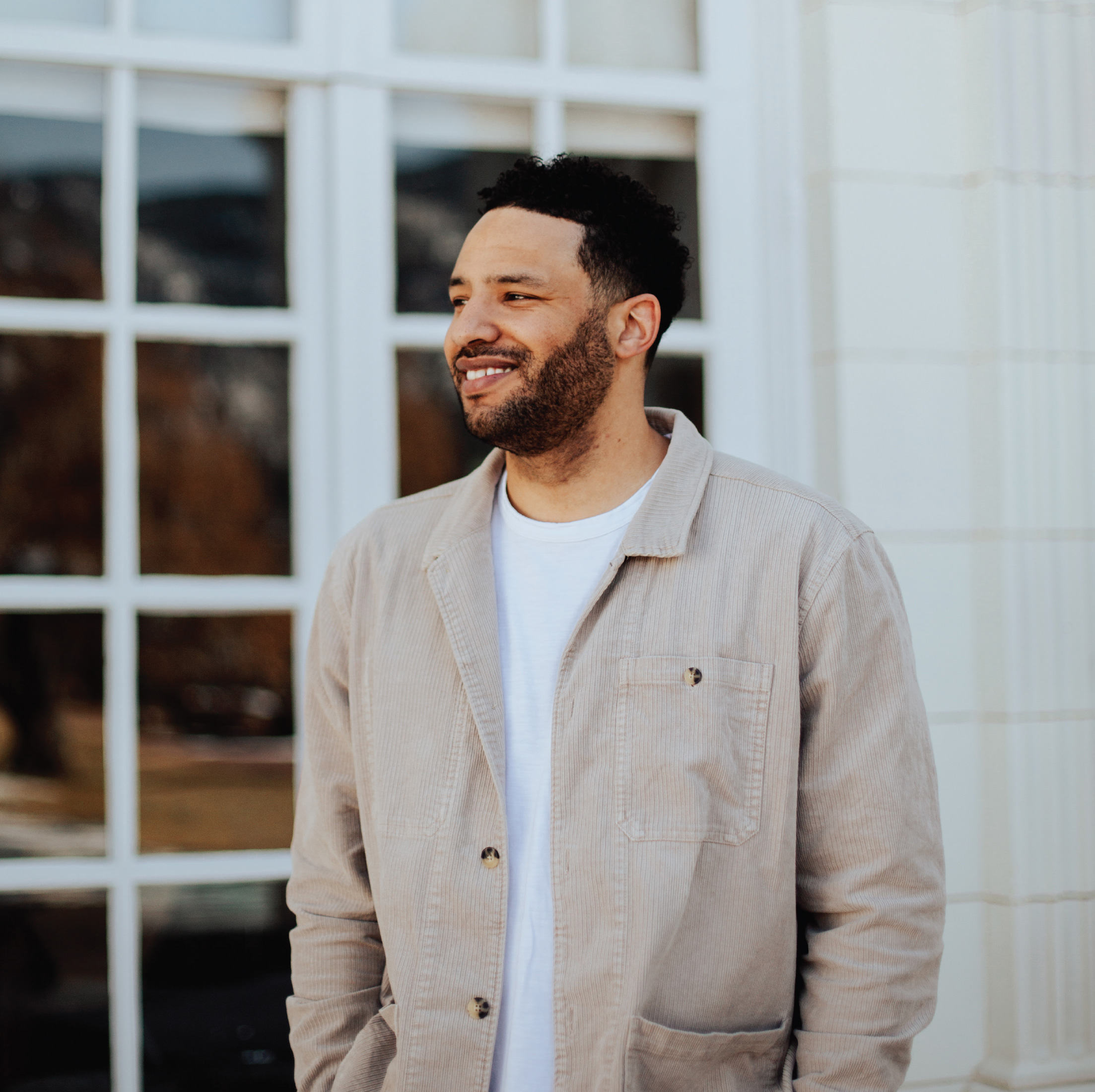
D’s story about his science teacher illustrates two things clearly. First, that the small, seemingly insignificant actions we take can touch others incredibly deeply, sending unforeseen ripples far into their future lives. And second, that neither the actions of others nor our circumstances have the power to stop us from becoming who we are.
“I grew up on the Southeast side of Colorado Springs,” D said. “And I saw that I didn’t have things that some of my friends had, and just wasn’t able to do some of the things that my friends did. But I grew up playing sports and was always around sports. I was pretty much born in the gym.” His dad was a coach. And from a very young age D’s parents stressed the importance of education and going to college.
“The mode of how to get to college was a little bit up in the air,” he recalls. “I knew we didn’t have the money to send myself or my siblings to college. So I put it on myself to get an athletic scholarship. And this was at 7 years old, like, I knew this was going to be my life.”
D loved sports and saw that sports were his passport to higher education. He also always had a creative, imaginative side. “Outside of sports, I was just more of an artsy kid,” he said. “I liked to build things with my hands, liked to make things, liked to explore the ditch behind my house, build forts, that kind of thing.”
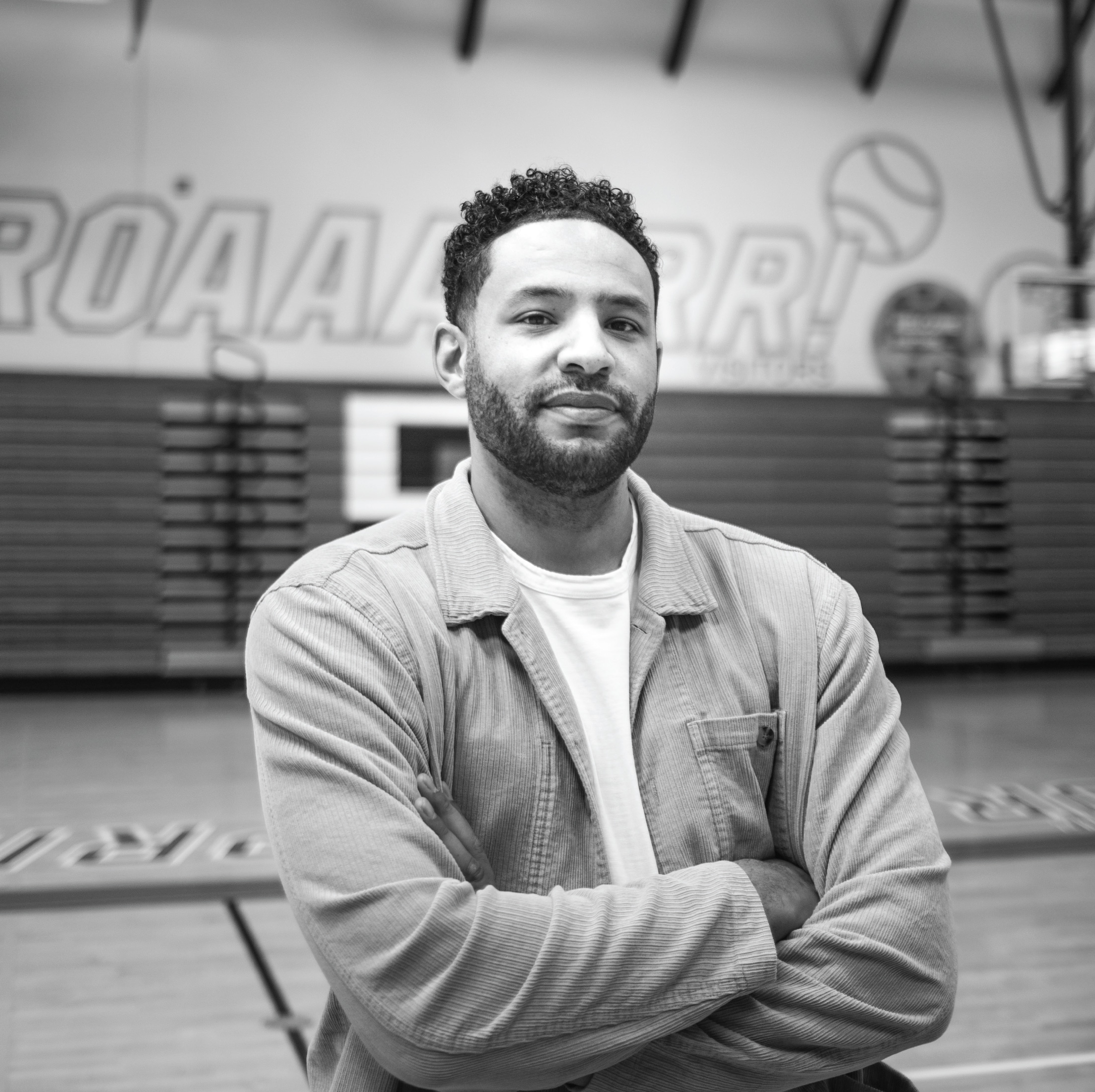
He was also a big brother—the oldest of four children, with three little sisters. When D was in middle school, his youngest sister was diagnosed with cancer. He identifies this as a pivotal time when he had to choose how to move forward. “As a big brother,” he said, “it was all rainbows and butterflies, and then this happens.” Shortly afterward, his parents went through a divorce.
That would be enough to handle for anyone. But he was still intent on earning a scholarship and getting into college. “Now I’m in high school,” he says, “and I’m trying to find out, okay, how am I going to emerge on the scene as an athlete and get to college? I kind of just put my head down.”
D did put his head down, but not in defeat. More like a bull facing a toreador. He focused on soccer and basketball, and he was always in the gym. “School was good, but it wasn’t great,” he said. “I didn’t love it.” Despite that, he got offers from the Air Force Academy, Denver University, and a few Ivy League schools as well. The question now was: which school to choose?
“My grades were good enough to get me there, but I never ever wanted to go to the Air Force Academy, even as a kid. I used to go to the camp, the sports camps, as a kid. My dad would coach there, and you know, we’d be driving on the way up to Denver for a weekend, and he’d point at the Academy and ask me ‘Would you ever go to the Air Force Academy?’ And my answer was ‘Absolutely not’ just because, for me, I was an artist type. I didn’t like that type of authority, like I’m more of a free-spirited person. I did not want to be in the military.”
As he looked at the different schools, however, the Air Force Academy began to look like the best one for accomplishing his goals, so he accepted.
“And I got there. And it was tough. And I wanted to leave every day. But I started, you know. And I fell in love with my team and my friends that I made there and decided to stick it out.”
D played for the Air Force Falcons throughout his time at the Academy. In his last years, he sustained a few injuries and began to realize that his time playing basketball was not going to last forever. He began to think about the next chapter. “Every athlete comes to the point where they’re done playing their sport, and that was a pretty tough time for me. It took a while just to get over not having a team around me and not playing a sport that’s been my sole identity for, you know, 22 years.”
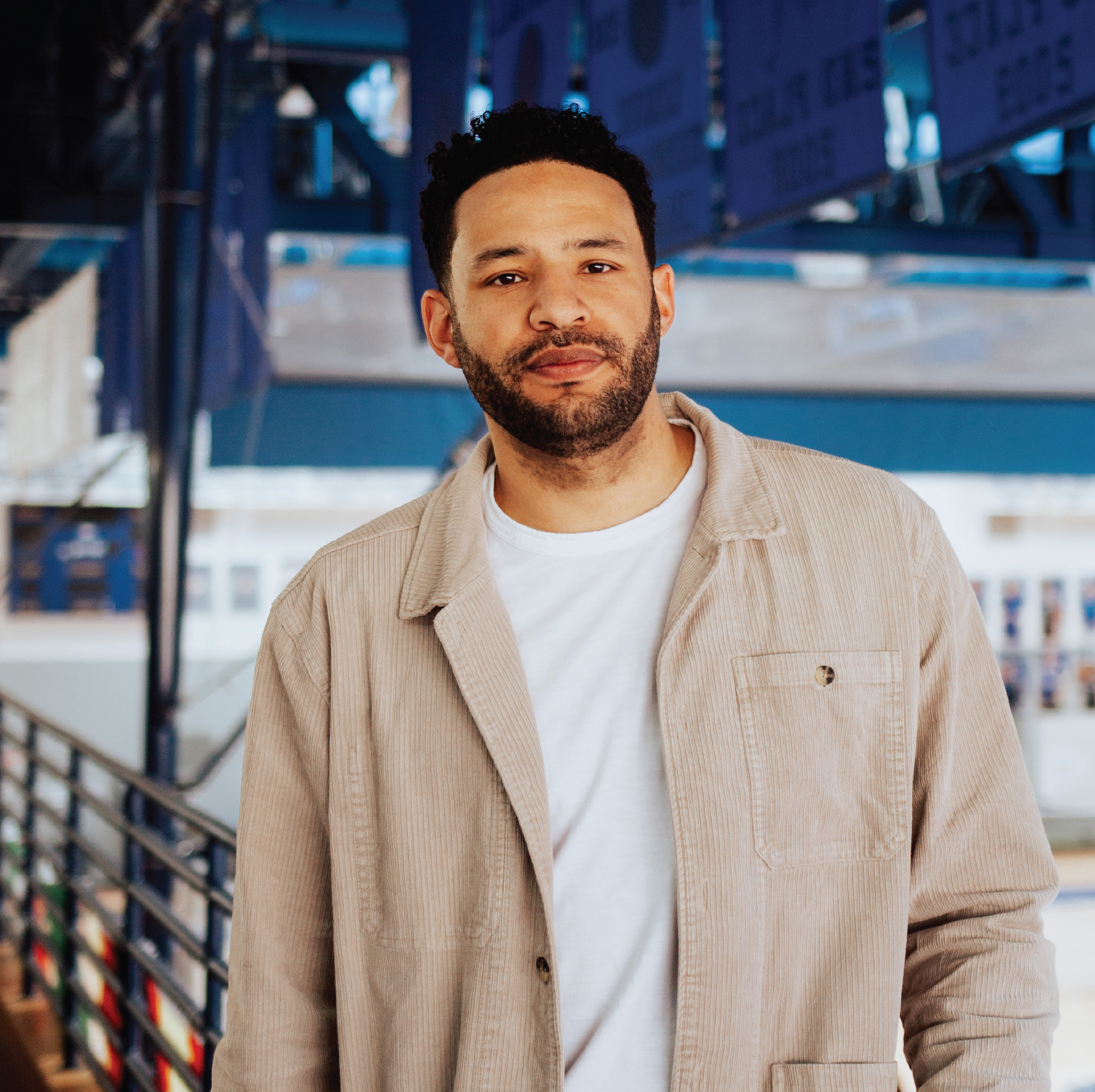
There was a season of depression that came afterward, a season of lostness. D recalls that all he knew was that he wanted to do something creative: something that would have a positive impact on people. And he eventually landed on what might seem like an unusual career for a former college basketball player—he decided to write a children’s book.
“The book kind of came out of the time when I was trying to give myself a pep talk on how to remain creative and keep going and ask big questions and keep trying.”
At this point, D remembered his fifth-grade science teacher, and how he felt when she forbade “what if” questions in her classroom. That’s where he got the idea for his book, titled What If?, which is all about teaching kids to ask questions and think creatively.
The book follows a small boy through a series of challenges, and as he faces every challenge, he asks “what if” questions, keeping his mind open to all the possibilities available. In the end, that’s what gets him to his goals.




